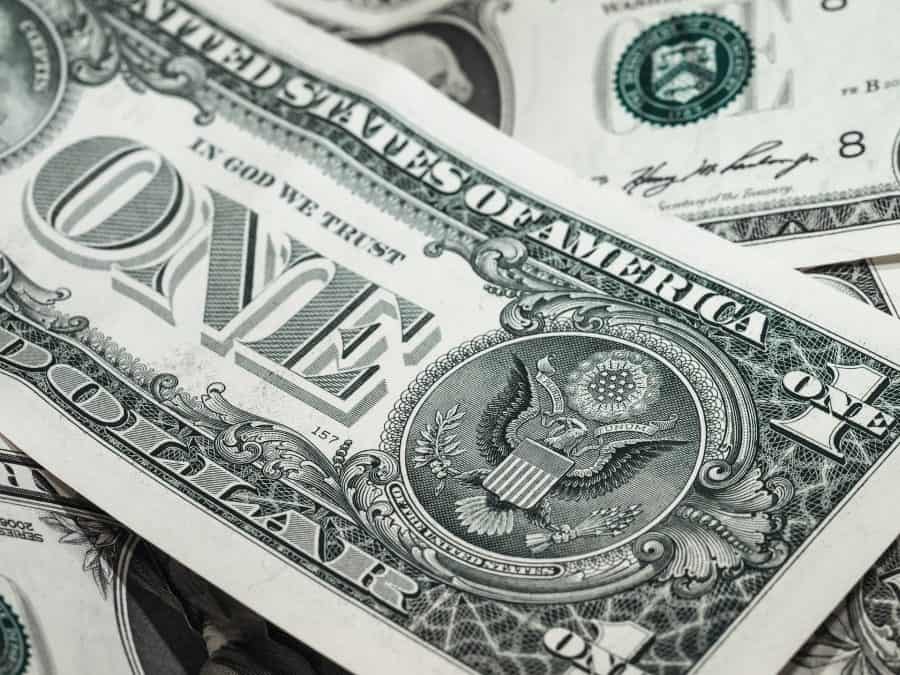Patricia Arquette’s Oscar speech highlights unequal pay for women
Last Sunday, over 36 million people in the U.S. tuned in to watch Hollywood’s biggest annual awards show – the Oscars. More than just a venue to celebrate film, we know the Oscars as an iconic world stage for celebrity fashion, pop culture, and even, at times, provocative social and political declarations.
This year, Patricia Arquette continued this Oscar tradition, using her acceptance speech for Best Supporting Actress in Boyhood as an opportunity for political activism. Arquette closed her thank you speech with a call to women for equal rights, declaring:
“To every woman who gave birth to every taxpayer and citizen of this nation, we have fought for everybody else’s equal rights. It’s our time to have wage equality once and for all and equal rights for women in the United States of America.”
Many in the crowd applauded Arquette’s remarks, but since then, Arquette has received some public backlash, especially for further comments she made after the acceptance speech. Those additional comments included:
“And it’s time for all the women in America and all the men that love women, and all the gay people, and all the people of color that we’ve all fought for to fight for us now.”
Many have criticized Arquette’s comments, interpreting them as highlighting the plight of white, straight women, while undermining the civil rights struggles of African Americans, gays, and other minorities.
Arquette has clarified her comments on Twitter, emphasizing that she supports minority rights and that wage equality will help everyone, including minorities.
Fox News’ Stacey Dash pointed out that she was “appalled” by Arquette’s remarks and that “Patricia Arquette needs to do her history. In 1963, [President] Kennedy passed an equal pay law. It’s still in effect.”
Dash is correct that there is a federal law called the Equal Pay Act of 1963 which prohibits unequal pay based on gender. Illinois also has a state law called the Illinois Equal Pay Act of 2003, which mirrors the federal law and similarly prohibits employers from paying one employee less than another employee of the opposite sex for the same or substantially similar work.
However, even with these laws in place, the reality is that wage inequality persists.
In data pulled by the U.S. Census Bureau from 2013, the American Association of University Women reports that white women still make 78 cents to a white man’s dollar, black women make only 64 cents to that dollar, and Latina women make only 54 cents to that dollar.
Some have critiqued these types of dollar-to-dollar comparisons, arguing that they do not account for factors such as industry, education, and experience. However, even in a controlled study of looking at workers one year out of college, when men and women are nearly equal in age, education, and family responsibilities, and controlling for factors that may affect earnings (such as major, occupation, and hours worked), the American Association of University Women still found an unexplainable 7 percent gender-based pay gap.[i]
Despite that most people today are accustomed to viewing women as powerful, independent active contributors to society on all levels (personal, familial, professional, and social), Patricia Arquette has hit on an accurate issue of pay inequality between the sexes. Although some may not agree with the forum of Arquette’s remarks, she has raised an issue worth discussing.
[i] For a full look at the pay data, visit http://www.aauw.org/2014/09/18/gender-pay-gap/



